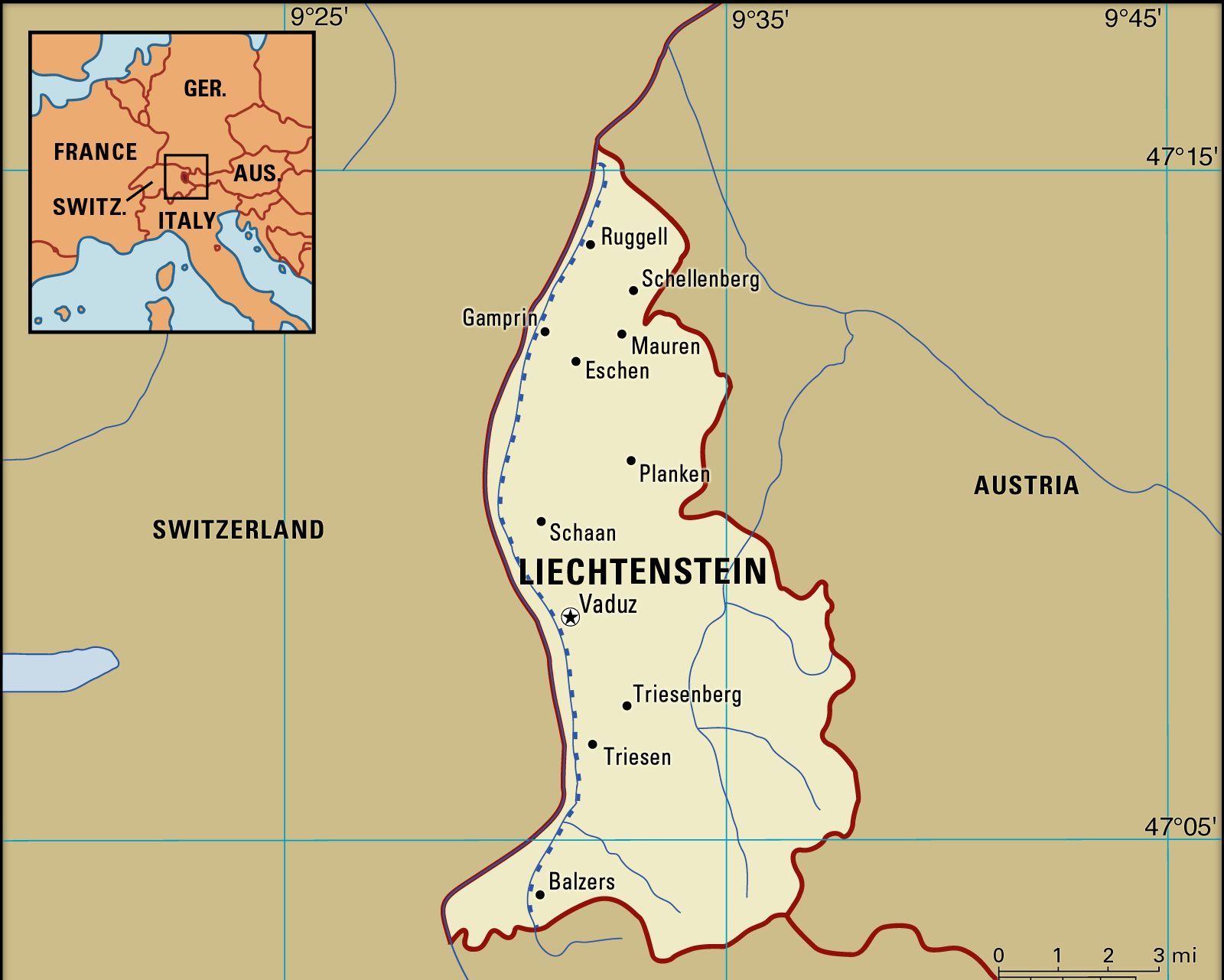Tucked between Switzerland and Austria, the tiny principality of Liechtenstein is an economic enigma—boasting more registered companies than citizens and serving as a discreet vault for over $300 billion in global assets. This improbable rise from secluded valley to financial powerhouse is a story of clever regulation, strategic international positioning, and an unparalleled tax environment.
Key Highlights: Turning Valleys into Fortresses of Wealth
With a population just above 39,000, Liechtenstein’s business register counts upwards of 4,500 officially registered companies. Unofficial estimates including shelf companies, trusts, and investment vehicles suggest company registrations have often rivaled or surpassed its citizen count.
Over $300 billion in assets are managed, housed, or held in structures based in the principality, making it a global outlier in assets-to-population ratio.
Since the mid-20th century, Liechtenstein’s secretive banking laws, ultra-low corporate tax rate of 12.5%, and vibrant fiduciary services have attracted a diverse clientele: multinational corporations, wealthy families, and businesses seeking stable, business-friendly environments.
Its continued ranking as a European tax haven is due to minimal taxes, robust privacy protections, easy business setup, and welcoming laws for trusts, Anstalt, and foundations.
The Evolution: From Secrecy to “Safe Haven” Status
Liechtenstein’s reputation as a banker’s paradise exploded in the 1920s with the introduction of ironclad bank secrecy. By the late 1900s, Vaduz—the capital—had more mailboxes per square foot than most global cities.
Repeated global scrutiny after leaks and scandals in the 2000s forced the country to sign information exchange treaties and adopt more rigorous international financial norms, shifting its label from “tax haven” to “safe haven.”
Today, the country balances its pro-business environment with international transparency, including strict substance requirements that ensure companies demonstrate real activity, not just letterbox status.
Why Businesses (and Billions) Flock to Liechtenstein
Its membership in the European Economic Area (EEA) guarantees access to the EU marketplace for goods and financial products, boosting its attractiveness for holding companies and pan-European businesses.
Flexible company structures are available: The public limited company (Aktiengesellschaft - AG) is especially popular with both foreign and local founders, as are Anstalt formations and foundations for asset protection and estate planning.
There is no withholding tax on dividends/interest for non-residents in many cases, offering competitive savings over larger European countries.
Legal security, skilled workforce, and the ability to register businesses with minimal bureaucracy make Liechtenstein a magnet for entrepreneurs, investment funds, and multinationals.
Challenges and Trends: Evolving with the Times
Recent regulation now obliges companies to have real presence and management within Liechtenstein, reducing the proliferation of shell companies but maintaining strong investor interest.
The country has updated its inheritance laws and aligned with EU anti-money-laundering standards, while still carefully nurturing its value proposition for lawful wealth management.
Conclusion
Liechtenstein’s rise from remote Alpine principality to global financial force is a blend of regulatory dexterity, financial innovation, and geopolitical savvy. By marrying low taxes and practical regulations with growing compliance standards, Liechtenstein has become the discreet engine room of global capital—proving that even the world’s smallest nations can shape the biggest streams of international wealth.
Sources: Offshore Protection, Imperial Legal, Chambers Corporate Tax Guide, Wikipedia







